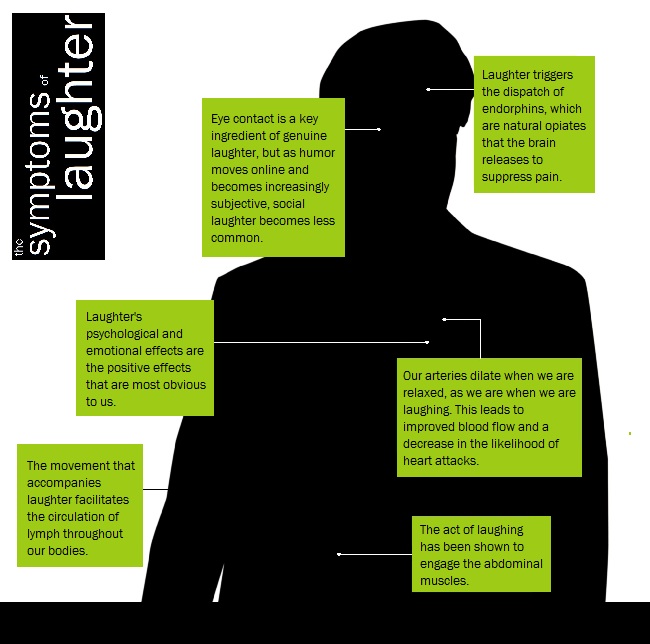It takes seventeen muscles to smile and forty-three to frown. Frowning might be more of a workout, but laughter is better for us — in mind, body and soul.
Perhaps the best-known effects of laughter are those that are psychological and emotional. Laughter is a feel-good activity, and MV Peer Counseling co-presidents juniors Simone Becker and Alexander Pieb seek to tap into the positive feelings that it produces.
“There’s just something about smiling that is contagious,” Becker said. “If you smile, you’re more likely to have a better day … There’s an emotional thing, too, where if you smile, you feel your spirit getting a little lighter.”
 Through activities like Random Acts of Kindness and sending messages of encouragement to students during finals week, MV Peer Counseling seeks to spread the good vibes to the student body. The club’s founding principle is “to bring a sense of community to a school that is driven by academics,” especially by reaching out to and connecting with one’s peers. Pieb believes that many students don’t realize that they’re not alone in their hardships. Maintaining this seclusion is harmful for humans, socially and psychologically.
Through activities like Random Acts of Kindness and sending messages of encouragement to students during finals week, MV Peer Counseling seeks to spread the good vibes to the student body. The club’s founding principle is “to bring a sense of community to a school that is driven by academics,” especially by reaching out to and connecting with one’s peers. Pieb believes that many students don’t realize that they’re not alone in their hardships. Maintaining this seclusion is harmful for humans, socially and psychologically.
That isolation is the biggest threat to laughter today, according to San Jose Laughter Club founder Claire Powell. She believes that we spend too much time thinking about whether something can be defined as funny,which results in less social laughter. This also leads to less laughter overall, since we have most of our conversations online, and suppress our reactions in the absence of a visible person.
“Eye contact is essential when we laugh, and just that we laugh in a group, because it’s contagious, and it just grows and grows,” Powell said. “We’re like the happiest family in the world.”
According to Powell, there are thousands of Laughter Clubs worldwide. Here, people gather and go through various laughing exercises. These clubs all practice Laughter Yoga, a branch of yoga founded by Dr. Madan Kataria in India. Many of his patients that laughed and had good senses of humor were generally in better health, and they healed quicker from his surgeries.
Beyond the sense of community and well-being that comes with laughter, there are also concrete physiological benefits.
“If we have our immune system depressed and we have a lot of tension in our body, our immune system cannot work properly,” said Linda Bertaut, Laughter Club member and holistic health practitioner. “With laughter, we end up having movement inside of our body — that is so healthy for your lymphatic system, because it allows the fluid to pump through your body.”
In addition to being good for your immune system, laughter also has benefits for heart health. The arteries constrict under stress, causing higher blood pressure, and dilate when one is happy and relaxed, leading to improved circulation. A 2011 study done by Dr. Michael Miller of the University of Maryland, Baltimore, confirmed that there was a 30 percent to 50 percent increase in diameter from when patients laughed from when they watched scenes of graphic violence.
“Laughter’s effects on heart patients are just amazing,” Powell said. “What if you just went to your cardiologist, who prescribed you 15 minutes of laughter a day?”
According to Pieb, laughter and positivity aren’t just a product of one’s mood at one point in time, but an overall lifestyle choice.
“We don’t know the exact science of it,” Pieb said, “but when you are genuinely smiling, knowing that things are going well and that you’re happy, and that the path ahead is not such a bad one — it’s just a really releasing feeling.”
“Even if you are going through something really challenging, if you make the decision to smile, it kind of spreads throughout the entirety of who you are,” Becker added. “It makes everything easier to go through, because you’re making the choice to be optimistic.”








